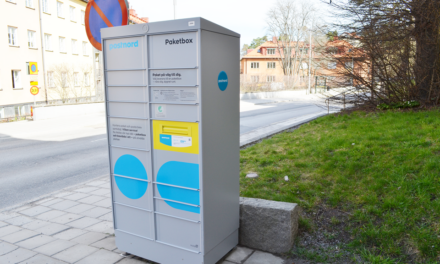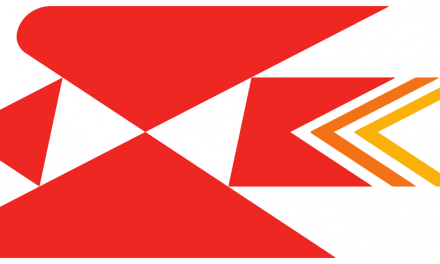
North Korea promises secure E-mail service
North Korea, an isolated country known for its totalitarian control on information, has begun international e-mail service that “guarantees the privacy of correspondence,” an official news report said.
North Korea, which had virtually shut out the world of the Internet, has begun opening its electronic borders in recent years. In 2001, a China-based Web site opened the first commercial e-mail link to the communist country.
The new e-mail service is provided by Pyongyang’s International Communications Center, according to its official Korean Central News Agency.
“The e-mail service guarantees the privacy of correspondence as it has a network security system,” KCNA said. The brief dispatch provided few details on how to subscribe to the service.
North Korea keeps a tight lid on its hunger-stricken 22 million people to shield them from outside influence. Few ordinary North Koreans are believed to have computer and e-mail access. TV sets and radios come with fixed channels so that people can only watch or listen to government-controlled media.
But leader Kim Jong Il is known as an Internet surfer. When then U.S. Secretary of State Madeleine Albright visited Pyongyang in 2000, Kim asked for her e-mail address.
Kim has often emphasized the importance of computer technology. Foreign visitors can link their computers to the Internet through international phone lines available in a few hotels in Pyongyang. An Internet cafe has also opened in the North Korean capital, according to recent visitors.
North Korea’s debut on the Internet poses a new security threat to South Korea. In 2001, prosecutors arrested six South Korean activists for exchanging unauthorized e-mails with North Korean officials.
South Korea encourages economic and cultural exchanges with North Korea. But it remains illegal for South Koreans to exchange e-mails and letters with North Koreans without government permission.
The border between the two Koreas remains sealed and heavily fortified after their division in 1945 and the 1950-53 Korean War, which ended in an armistice.













